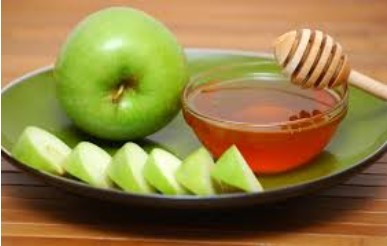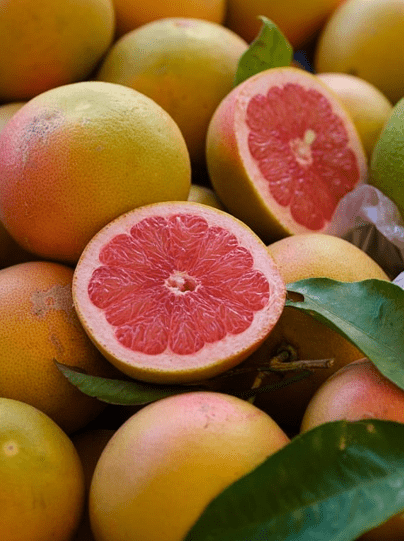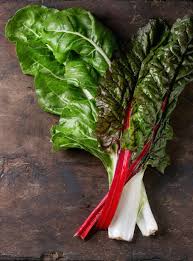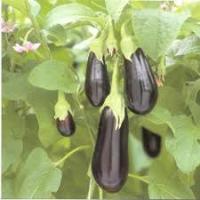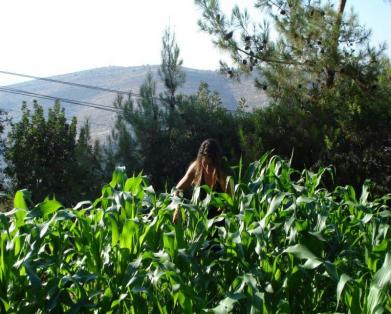Happy Rosh Hashanna! Another year has passed…
Although, the last thing you can say about this year is that it passed just like any other year. Yes, the organic produce ripened in the fields as it does every year, and the children grew some more, and so did we, but this was the year that taught us the power of uncertainty – when suddenly the familiar routine became a flood of new events to deal with.
We are now faced with another holiday under lockdown, without traveling and without our immediate and extended family around us, teaching us how important our family is to us, and how fragile everything is.
I hope it also teaches us to stop for a moment (because we must, actually) and look at what we have, and be grateful for it. Hope you had prepared a delicious organic apple to dip in honey – and of course delicious and sweet honey.
Honey is one of the oldest ingredients that entered the human diet (honey was found in the pyramids), and also one of the materials that emphasize how strongly we are dependent on animals.
Without bees, not only will the honey disappear from our tables (and as recently demonstrated, it will be an unpleasant loss), but all the fruits that depend on pollination will also disappear.
These fruits are not only a nice addition to our plate – they are a key component of what we eat: try to imagine the world without peaches, cherries, avocados, all citrus trees – in fact, almost all of the pollination in agriculture is executed by bees. In recent years, there has been a steep drop in the number of bees, both in Israel and around the world, due to a variety of reasons that the world of science is still researching: the increase of pesticide use, bee diseases, as well as poor nutrition, which in bees like in humans, can compromise their immune system.
Feeding bees with sugar, as a substitute for their natural food, nectar, in cold countries harms them and the quality of their honey – although convincing bees to avoid eating available sugar was confirmed to be not an easy task (as proven by a case of green and blue honey produced in a beehive placed near a candy factory).
Mankind has been feeding on honey since the dawn of history, so to speak.
Thousands of years ago, all over the world – in ancient Egypt, Zimbabwe and Spain, people drew honey from wild swarms and domesticated beehives, and even left behind paintings and stories that testify to this.
As with other foods that have become key, honey has also been linked to folklore – somehad hoped that honey can improve masculine virility (grooms were gorgedwith honey before their wedding day and newlyweds for a full month after their wedding, hence its name –“honeymoon”).
The Egyptians used it in order to conceive, give birth, recover (it was an important ingredient in hundreds of medicine recipes) and die (honey was part of the embalming fluid components). They kept full urns near the dead to equip them with honey for their lives in the next world, and also brought honey offerings to their gods.
In ancient Mesopotamia, honey was poured on the thresholds of holy places, and in Greece honey was brought as offerings to the gods – and believed that the gods themselves fed on it as children.
The (unheated and untreated) honey is considered to be an excellent antiviral and antibacterial substance, and therefor was applied on wounds (especially inside the mouth) and used as an ingredient in cosmetics.
Honey is also an excellent preservative, due to its ability to inhibit bacterial growth. Nutritionally it is a great sweetener – sweeter than sugar and low in carbohydrates, rich in vitamins (especially from group B and vitamin C) and various minerals – copper, calcium, phosphorus and magnesium.
May this year be sweeter than honey!
Yours,
Maggie's Garden Team
Forecast:
In the ORGANIC vegetable baskets we expect (draft only):
Cucumber
Tomato
Lettuce
Potato
Spinach
Cabbage
Pumpkin
Parsley
Sweet potatoe
The Large organic vegetable baskets also include:
Eggplant
Beet with leaves
Coriander
In the ORGANIC fruit baskets (NEW – Increased variety, price – 70 Shekels)
Oranges
Pears
Banana
Grapefruit
The large ORGANIC fruit baskets also include: ( NEW – Increased variety, price -100 Shekels)
Pomegrenate
Mango
The ORGANIC Green Basket:
Swiis Chard
A kind of lettuce
Celery
Dill
Green onion
Sprouts
Spinach

